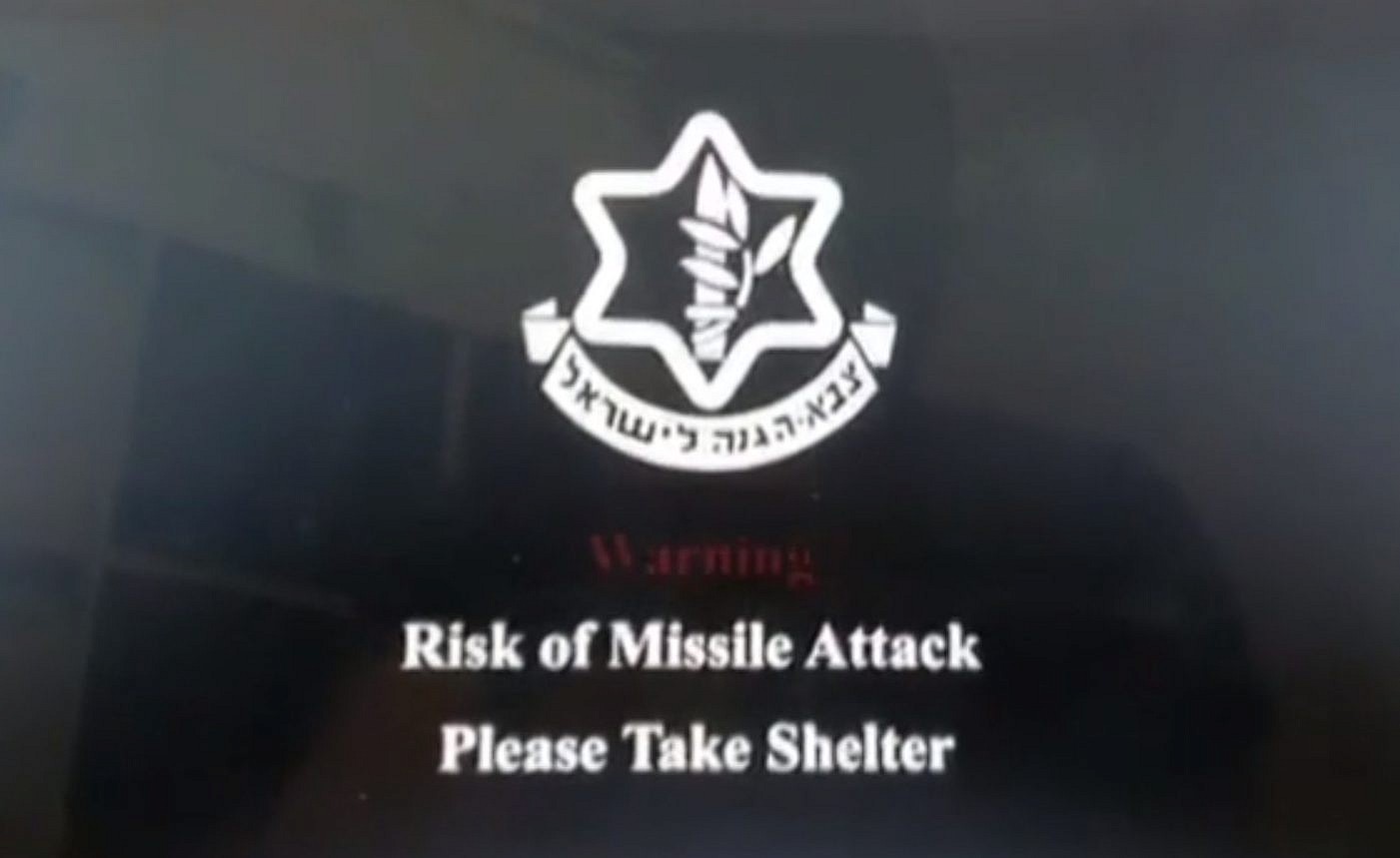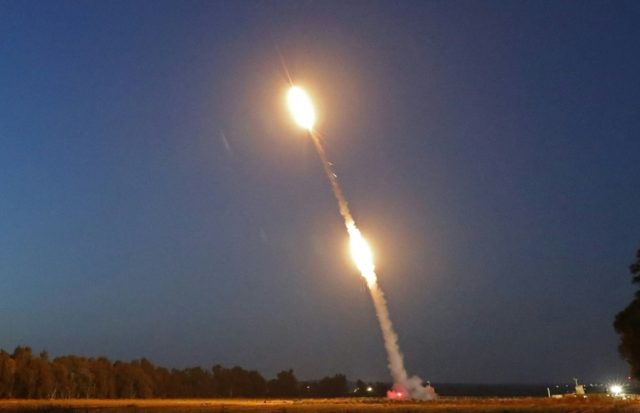TEL AVIV – The Gaza-based terror group Hamas hacked into a web-based livestream of the Eurovision Song Contest with a fake warning of an imminent rocket attack, the head of Israel’s Kan public broadcaster said on Wednesday.
Kan’s livestream of the semi-final was interrupted with a two-minute message purportedly from the IDF telling viewers to take shelter from a rocket attack. The warning, which included footage of a rocket strike, ended with the ominous threat, “Israel is not safe, you will see.”
Kan CEO Eldad Koblenz told Army Radio that Hamas was behind the cyberattack. According to the Times of Israel, that was later confirmed by the National Cyber Directorate.
Koblenz said the effort was “trivial” and that it was over in matter of minutes.
“I think this was Israel’s fastest victory over Hamas in history,” he joked.

The Palestinian-led BDS movement has urged artists, music fans and broadcasters to boycott the contest, saying it is “whitewashing” Israel’s crimes.
Before their arrival in Israel, Iceland’s representative, an anti-capitalist bondage-clad group called Hatari, had vowed to use the Eurovision stage to make a statement against “Israel’s occupation.” However, at a press conference after the semifinal on Tuesday, the group seemed to have changed their tune
Amid “hate that’s on the rise in Europe,” a band member said, “we need to unite and remember to love.”
BDS efforts have largely failed to turn away tourists.
Mike Werner, from Hamburg, Germany, said he wasn’t turned off by calls to boycott the contest.
“I love the Eurovision, it’s about love and bringing people together using music. I just block out any message that is different from this,” he told Breitbart News.
Tony and Renata from the Croatian capital of Zagreb were enthusiastic about their first visit to Israel. The two are avid Eurovision fans who attend every year.
“It’s so great that Israel won because it’s boring to be in Europe all the time,” Tony told Breitbart News.
“Also Tel Aviv did it bigger,” he added. Last year’s contest, which took place in Lisbon, Portugal, seemed to be on a much smaller scale, he said, with less concerts and activities surrounding it for tourists.
“People here have been so friendly,” Renata said.

COMMENTS
Please let us know if you're having issues with commenting.